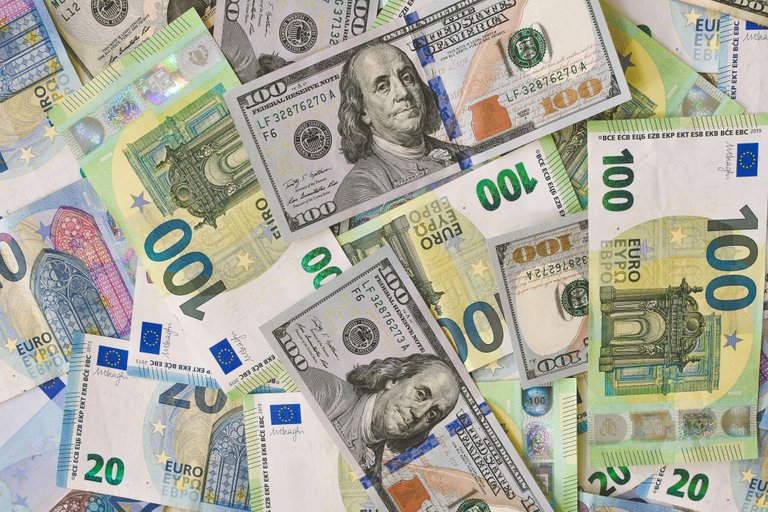Have you ever heard of the Share Market? You may have heard, but do you know what this share is? If you don't have any idea about share then this post is for you.
In my post, What is a share? What is meant by share? And the classification of the shares will be explained in detail, I hope you can learn something from this article. So let us get started guys!
What is a share?
Shares are the way the total capital of a joint venture company is divided into small parts. According to George Farwell (judge), "A share is not a sum of money but is an interest measured in a sum of money, and made up of various rights, contained in the contract
Classifications of share
Ordinary shares: Mutual capital companies are registered with a certain amount of capital at the beginning of the business. A small portion of this capital is called a share. Ordinary shares are one of them. Ordinary shares indicate ownership of the company i.e. ordinary shareholders are treated as owners of the company. Those who purchase these shares gain the status of the owner of the company. The real owners of the business organization are the ordinary shareholders. Shareholders can exercise their voting right to make decisions on any important matter of the company. The company decided on a later date after a majority vote.
Since ordinary shareholders own the company, they have the right to participate in the management of the organization. The owners of the shares usually receive a portion of the company's income as dividends each year. The rate of payment of this dividend is not fixed. The amount of dividend to be paid in a given year depends on the decision of the board of directors of the company. The owners of these common shares are at the bottom of the list of assets at the time of distribution and liquidation of the company's profits.
This is why they are called ‘Residual Owner’. As long as the term of a joint-stock company lasts, so does the term of its ordinary shares. From this point of view, the term of ordinary shares is infinite. Ordinary shareholders also have liability limited by the shares they have purchased. In other words, the amount of shares that will be purchased, its liability is only that much. If an investor buys a share worth 100 dollar , then his liability is a maximum of 100 dollar. Since ordinary shares have no maturity, it is a method of raising fixed funds. No collateral is required in case of an ordinary share issue. As a result, businesses can easily receive funding.
Priority shares: The shares which are given priority in dividend distribution or return of capital and are paid dividends at pre-determined rates are called priority shares. Preference shares are a good source for investors who are willing to invest in stocks at a certain rate or a fixed rate. Dividends are paid first at the time of distribution of profits to the preferred shareholders, then the general shareholders receive dividends. Preferred shareholders are not the original owners of the company and have no voting rights There is an opportunity to transform from a preferred shareholder to a common shareholder. Priority shares are divided into 3 parts
1.Right shares: If the capital of the company is required after the formation of a company, then the old shareholders are the first to buy shares in the sale of shares. In most cases, the value of the right share is much lower than the market price. For this reason, if the right shares are declared, the market value of those shares increases. Right offers are usually written in a 2: 1 ratio. In other words, if a shareholder has 100 shares, he can buy 50 right shares. Right shares are very profitable. Because right shares can be purchased at a lower price than the company's share price.
2. Bonus shares: Bonus shares are when a company pays shares or cash at the same time to its shareholders without paying cash dividends. Suppose a company has a paid up capital of 10 million and one million shares. The company has 6 million in reserves. The company's board of directors wants to convert 5 million in capital from reserves to expand the business. Then the company has to declare a bonus at the rate of 50 percent. In this case the company has to issue half a million new shares. And each investor will get a bonus share against the existing two shares. The bonus increases the number of shares and paid up capital of the company.
3. Delayed shares: Delayed shares are the shares of which the owners distribute dividends and capital to the owners of the preferred and ordinary shares and distribute the remaining dividends and capital themselves. This means that after such shareholders pay dividends to other shareholders, dividend distribution tax is paid at a proportional rate. All these shares are bought by the promoters of the company. That is why such shares are also called promoter shares.
Thanks for reading

